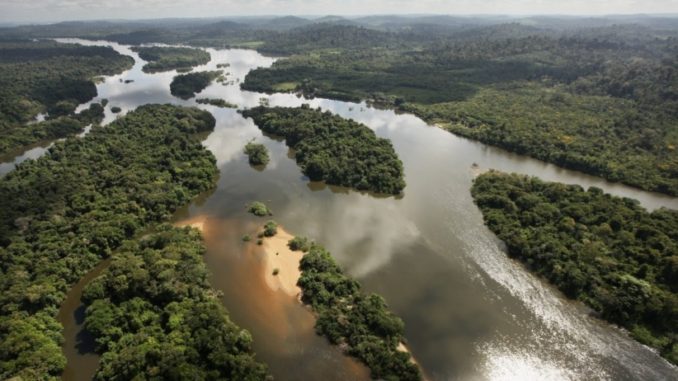Green, Government, Resources - Brazil Reinstates Preserve
Brazil's government has rescinded a controversial and unpopular presidential decree that would have opened up the vast Renca National Reserve to mining.
The Renca Reserve covers 46,000 square kilometers over two northern states, Amapa and Para, and is believed to be rich in gold, iron, manganese, and other minerals. It's also largely unspoiled tropical rainforest, and home to two indigenous groups that live in isolation from the developed world.

President Michel Temer's decree to open up the Renca was loathed from the moment he signed it in August. Opposition lawmakers immediately went to work to build a network against; Senator Randolfe Rodrigues of the Sustainability Network Party called it the "biggest attack on the Amazon in the last 50 years".
The government tried to back away in increments, revising the decree to ban mining in protected areas or lands close to the indigenous groups. But a court later suspended it, ruling that the entire congress must approve such a decree before it goes into effect.
Earlier this week, the government backed down in a major victory for environmental and indigenous groups. But it is likely that the issue will come up again: "Brazil needs to grow and create jobs, attract mining investment, and even tap the economic potential of the region," read the statement from the Mines and Energy Ministry.








 Create PDF
Create PDF Print
Print Email to friend
Email to friend